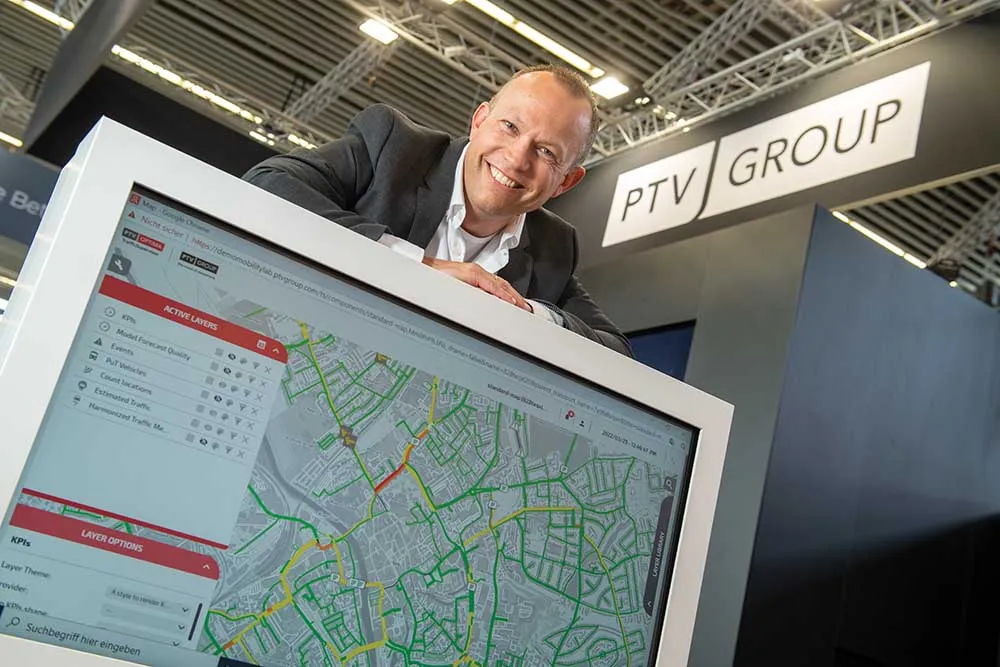
He will say that using the data to bring together all the infrastructures, demands, challenges and future plans from different departments within city hall enables a common model to be built. This means those working in the various departments within an administration can view and work on to a single, unified model. Any changes made by one department would be highlighted to the others to produce logical, coherent and efficient action plans.
Dangermond will deliver his keynote address to the Smart Cities plenary session in Melbourne on Wednesday 11 October.










